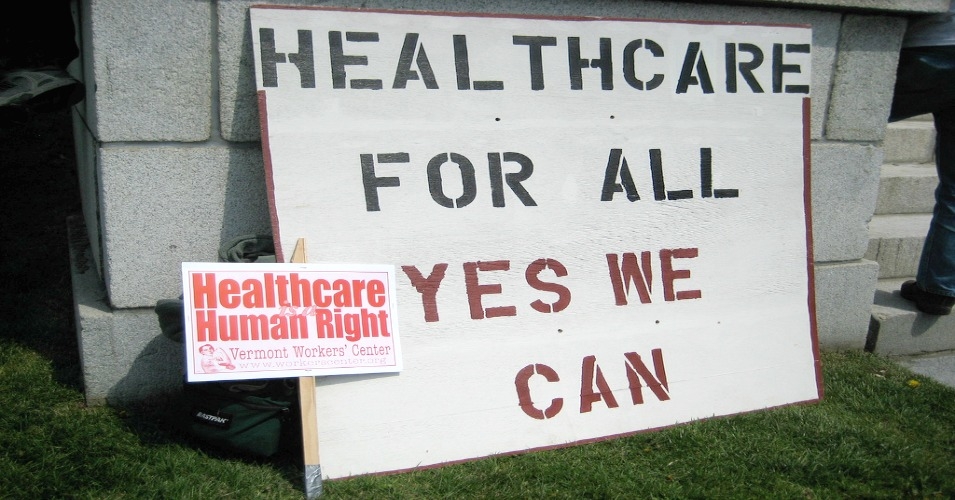The Equity Effect of Universal Health Care

This four-page brief discusses why universal, publicly financed health care (both Medicare for All and state-level universal health care) is important not just to guarantee care to everyone, but to build a more equitable economy. Focusing on equity focuses attention on who pays into our health care system, enabling us to develop tax policies that ensure the wealthy pay the most and that we are advancing racial, economic, and gender equity toward closing income and wealth gaps. The brief evaluates how well several tax-financing (proposals for Medicare for All and universal health care plans in New York, Oregon, Vermont, and Washington) would advance economic equity, and recommends that advocates include explicit financing principles in universal health care bills, design progressive financing proposals for both households and businesses, develop clear public talking points about equitable financing, and being clear about the economic and political benefits of transforming health care from a privately financed commodity to a public good.
Additional Resources
 Equity-Effect-of-Universal-HC
Equity-Effect-of-Universal-HC
